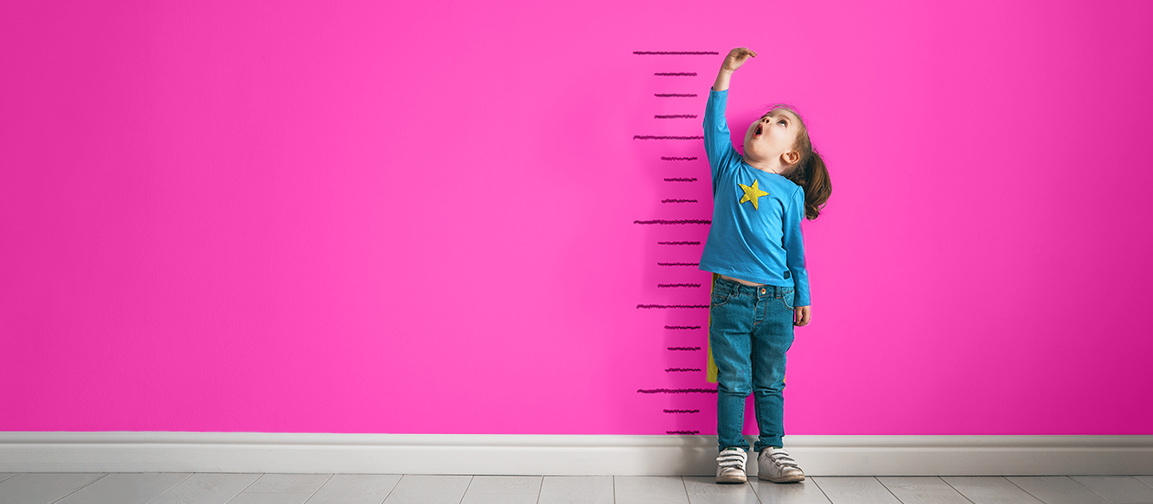Differences in Bedwetting From Age 5 to Age 10
8.5 MIN READ

Bedwetting at Age 5 and Under
Bedwetting at Age 6 and Over
The Difference Between Bedwetting in Younger and Older Children
| Age 5 and under | Age 6 and over |
|---|---|
Typically, has never grown out of bedwetting | |
Bedwetting is usually caused by an under-developed bladder, kidneys, or brain, which will catch up in time Bedwetting is usually caused by stress, a genetic reason, constipation, medications, or health issues. | |
Typically it won’t need treatment, as the child usually grows out of bedwetting in time Can be treated either by helping the child deal with any stressors, or by using a bedwetting alarm | |
There’s typically no need to see the healthcare provider It’s worth seeking a diagnosis from the healthcare provider about what the underlying cause may be, and to set up a treatment plan |
